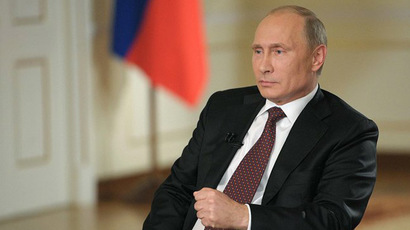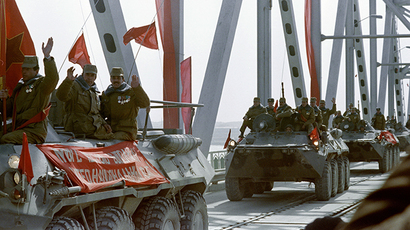US responsible for two-thirds of all military conflicts – Russia’s top brass
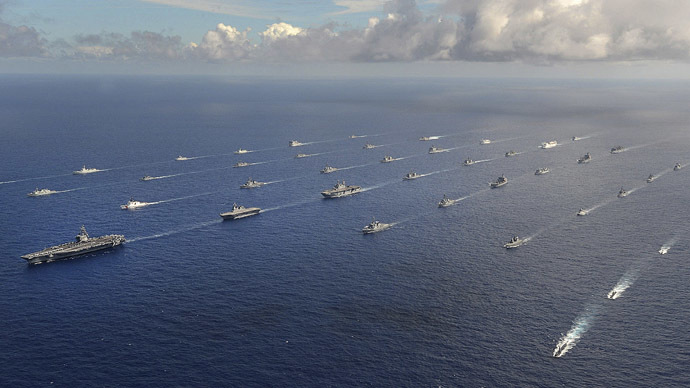
US interference in the internal affairs of countries around the world has brought neither peace, nor democracy, said Russia’s Deputy Defense Minister. America’s double standard experiments in supporting terrorists are provoking further destabilization.
“Think of it, over the last decades the US initiated two-thirds of all military conflicts (worldwide). Call to memory, how it all turned out in Yugoslavia, Iraq, Afghanistan and Syria,” Russia’s deputy Defense Minister Anatoly Antonov said, addressing colleagues from the Southern and Southeast Asian states in Colombo, Sri Lanka.
“Using social and economic difficulties, various ethnical and religious conflicts and under the pretext of spreading democracy, Western political spin masters add populist slogans to the fire of public discontent, provoking mass disturbances,” he said. “As a result, a lawful government is taken down, chaos, abuse of power and lawlessness spread, people die, and in some cases a regime favorable to the West is brought into power. Of course, terrorists feel comfortable in such conditions.”
Antonov called on the US authorities to “give up double standards in the implementation of counter-terrorist measures” and stop dividing terrorists into good and bad ones.
“No matter what slogans terrorists use – they should remain outlaws,” Antonov said, speaking about the current disastrous situations in Syria and Iraq as a vivid example of consequences of such “ineffectual experiments.”
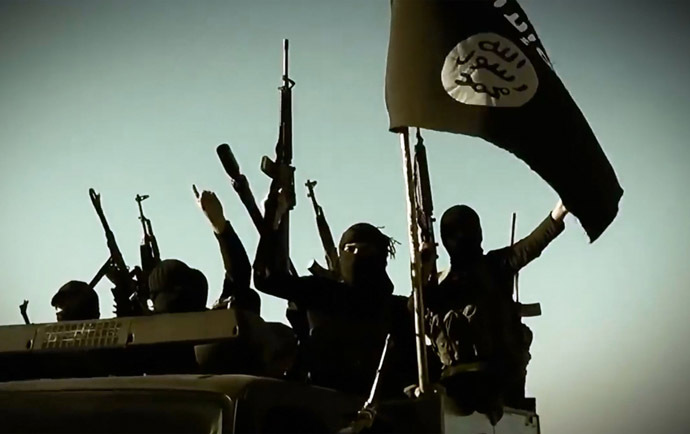
Russian top brass stressed their concern over the creation of terrorist organizations for serving the specific needs of certain states. A classic example is the Taliban movement in Afghanistan, created to combat the Soviet Union, but which ended as the Al-Qaeda terrorist network that bit back hard at the US.
Russia is always ready to cooperate in fighting terrorism and to coordinate activities to defeat the new challenge presented by the Islamic State, Russia’s Deputy Defense Minister said, pointing out that Moscow has never stopped supplying legitimate governments with weapons and military hardware to ease their fight against religious extremism.
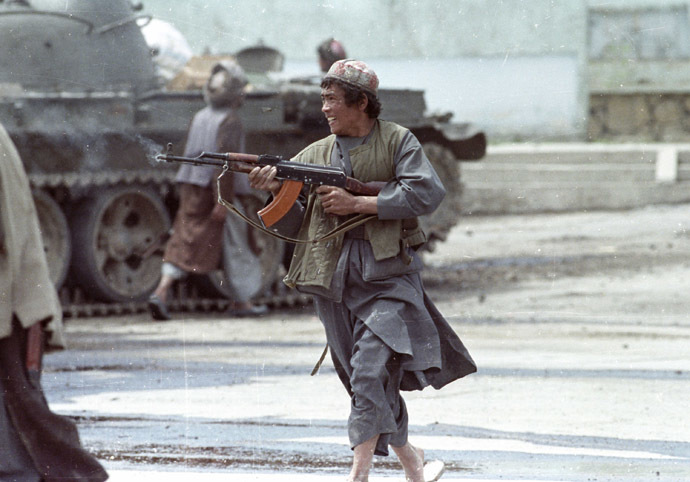
Initially created to eliminate President Bashar Assad’s regime in Syria, it became a terror threat for the whole Middle East region, Antonov said.
Another global threat to world security and stability is the so-called global trend in “color revolutions” Antonov said, comparing the ongoing protests in Hong-Kong with the Maidan protests in Ukraine, which ended in chaos, mass murder, economic downturn, split of the country and eventually – a civil war.
The deputy defense minister blamed the US for “pushing Ukraine to the abyss” in an internal conflict, which has already killed thousands through the support of an unconstitutional power takeover.”
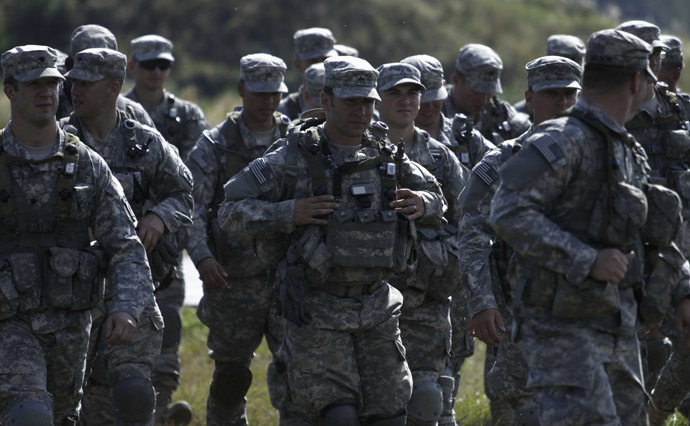
For those who doubt that “color revolutions” are not typical for the Southeast Asian states, Antonov highlighted the fact that “10 percent of Islamic State militants now fighting in Syria and Iraq come from the Southeast Asia.”
“What will happen in the countries of the region when those highly trained militants with battlefield experience come back to their home countries?” Antonov questioned.
It is a primary task of the national armed forces of Southern and Southeast Asian states to maintain regional security and neutralize the potential threat of color revolutions internally, Antonov stressed, proposing to develop closer ties between national defense forces.
The US foreign is now bringing instability to the Asia-Pacific (A/P) region, developing its global missile defense network under the pretext of a North Korean nuclear threat.
“In reality, American global missile defense is aimed at undermining regional and international security and poses a serious threat to the Asia-Pacific region,” Antonov said.

The US is beefing up its military presence in the Asia-Pacific region with nuclear air carriers and strategic bombers “under a vain pretext” in order to master other countries policies, Antonov said, noting that the region’s governments suffered unprecedented pressure recently when Washington forced them to “join illegal anti-Russian (economic) sanctions.”
The military potential being readied by Washington “considerably exceeds the level required to neutralize any existing or potential missile threat,” Antonov said.
Russia’s Deputy Defense Minister recalled President Vladimir Putin saying some time ago that America’s attempts to interfere in other countries’ internal affairs usually end up in a catastrophe.
Addressing a gathering on Lake Seliger in Russia’s Tver regionin in August, President Vladimir Putin said that he had an impression that “whatever Americans touch they always end up with Libya or Iraq.”













